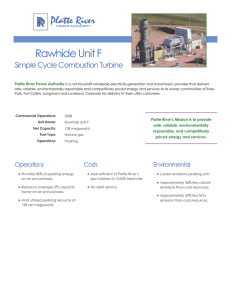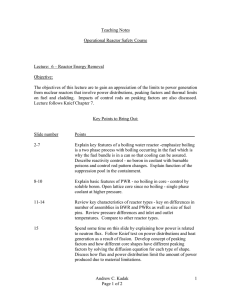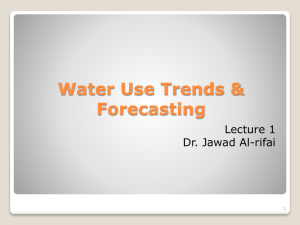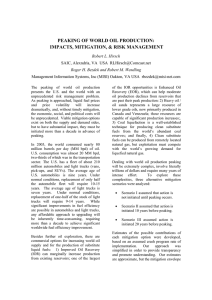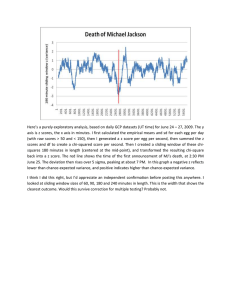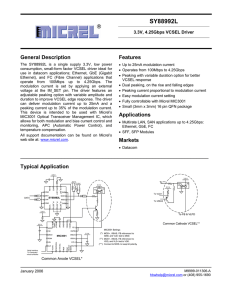Overview of plan for the workshop
advertisement
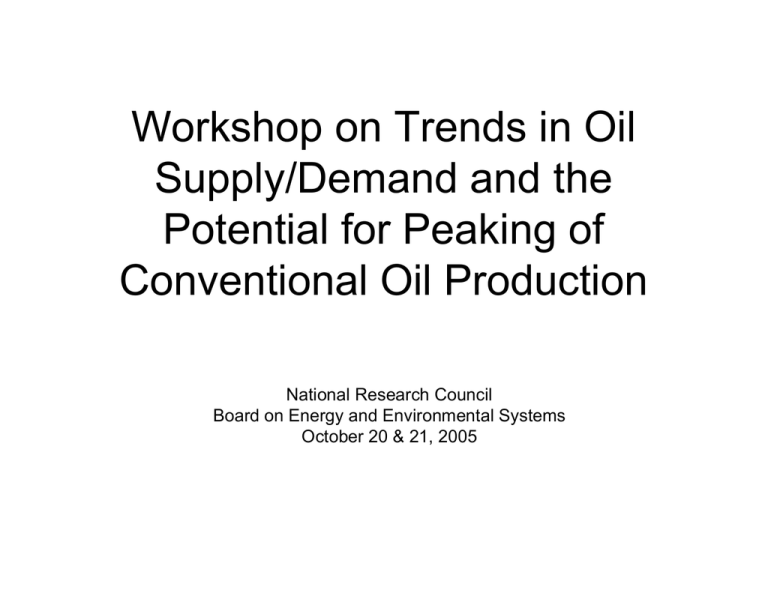
Workshop on Trends in Oil Supply/Demand and the Potential for Peaking of Conventional Oil Production National Research Council Board on Energy and Environmental Systems October 20 & 21, 2005 Supply-Demand Imbalance and Peaking of Global Oil Production Key Questions: What is oil peaking in terms of supply and demand? Will it happen? When? Is peaking predictable? Will there be timely warnings? Can market forces overcome S/D gaps over the next 25-30 years? What role can non-conv oil, coal, natural gas, and renewables play ? How much discovered recoverable conventional oil exists? How much undiscovered conventional oil exists? Can energy efficiency significantly mitigate the impact of peaking? Is oil price a significant factor? Is advanced technology a significant factor? What lead time is required to significantly mitigate the impact of peaking? What global actions are required to address potential peaking? Why is potential peaking a concern and why worry now? Workshop Agenda THURSDAY • 8:00-9:55 a.m. Setting the Stage, Mike Ramage • 9:55 am-5:15 pm: Future Global Oil Supply/Demand Balance, Scott Tinker FRIDAY • 8:00 am-2:55 pm: Mitigation Options & Time to Implementation, David Greene • 3:10-5:00 pm: Potential Follow-up Studies & Activities, Robert Hirsch WGOP Statement of Task: - Explore the question of global oil production and when production may peak. - Review trends in the global and regional energy markets. - Include analysts who have recently published such forecasts. - Explore options for mitigating the possible serious economic implications of world oil production peaking - Identify possible topics for in-depth study that could help inform U.S. government policy. OBJECTIVES • Foster dialogue & communication about supply/demand trends & the “oil peaking” issue • Identify key issues that require follow-on studies, which will be included in a workshop summary report • There will be no conclusions/recommendations or advice given to the government • Comments & opinions you hear will be those of individuals, NOT the National Academies
